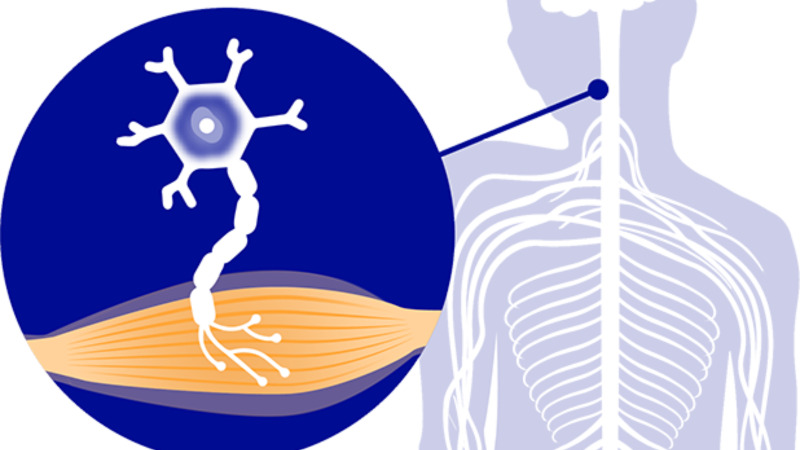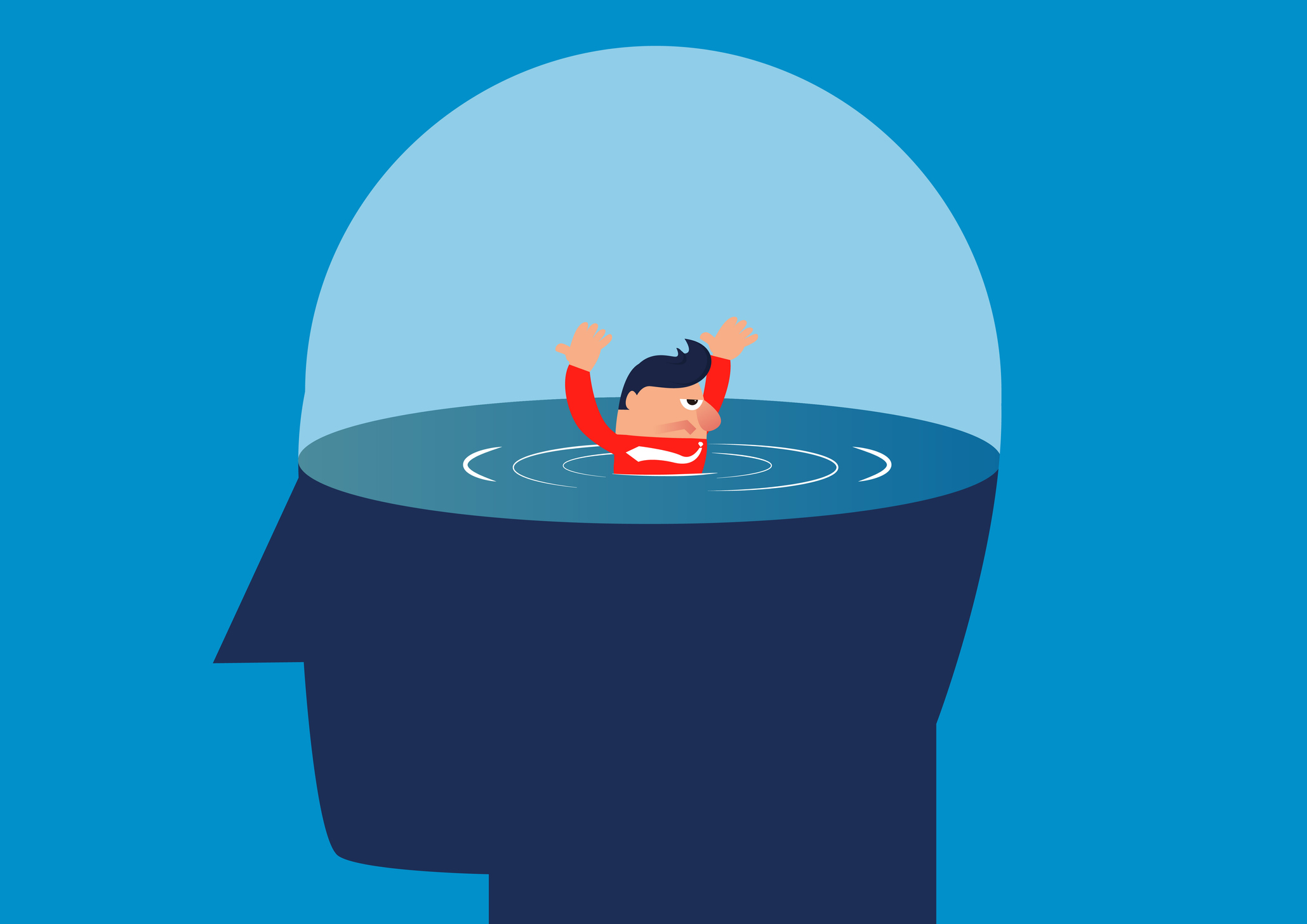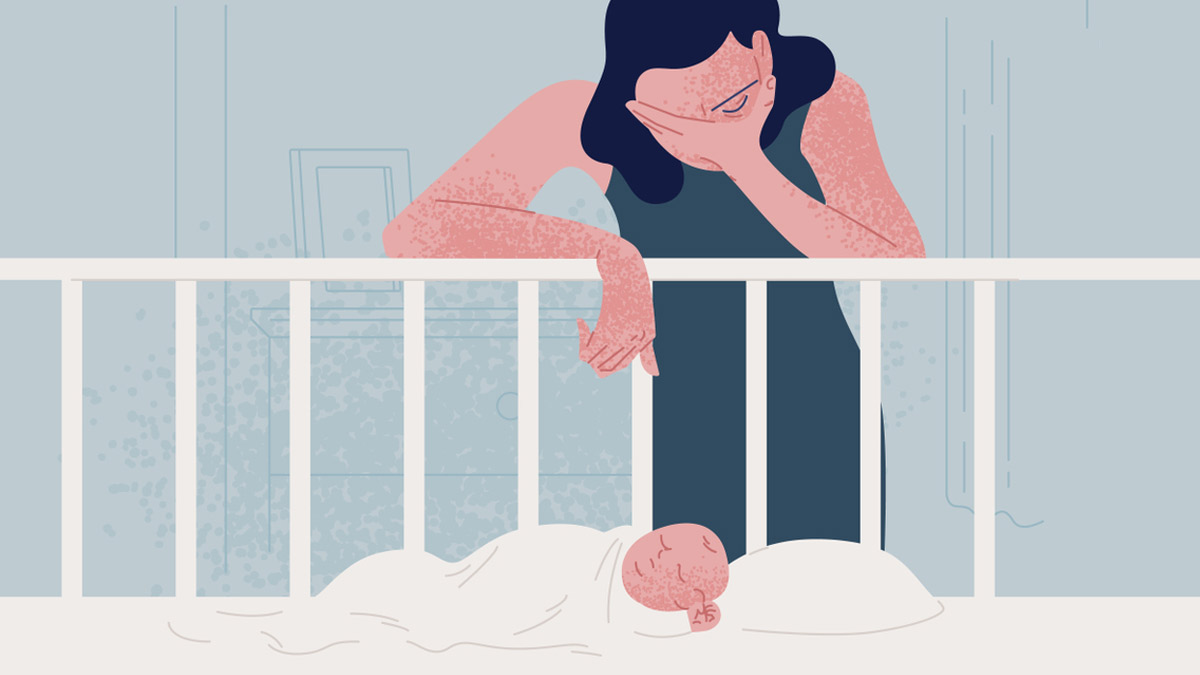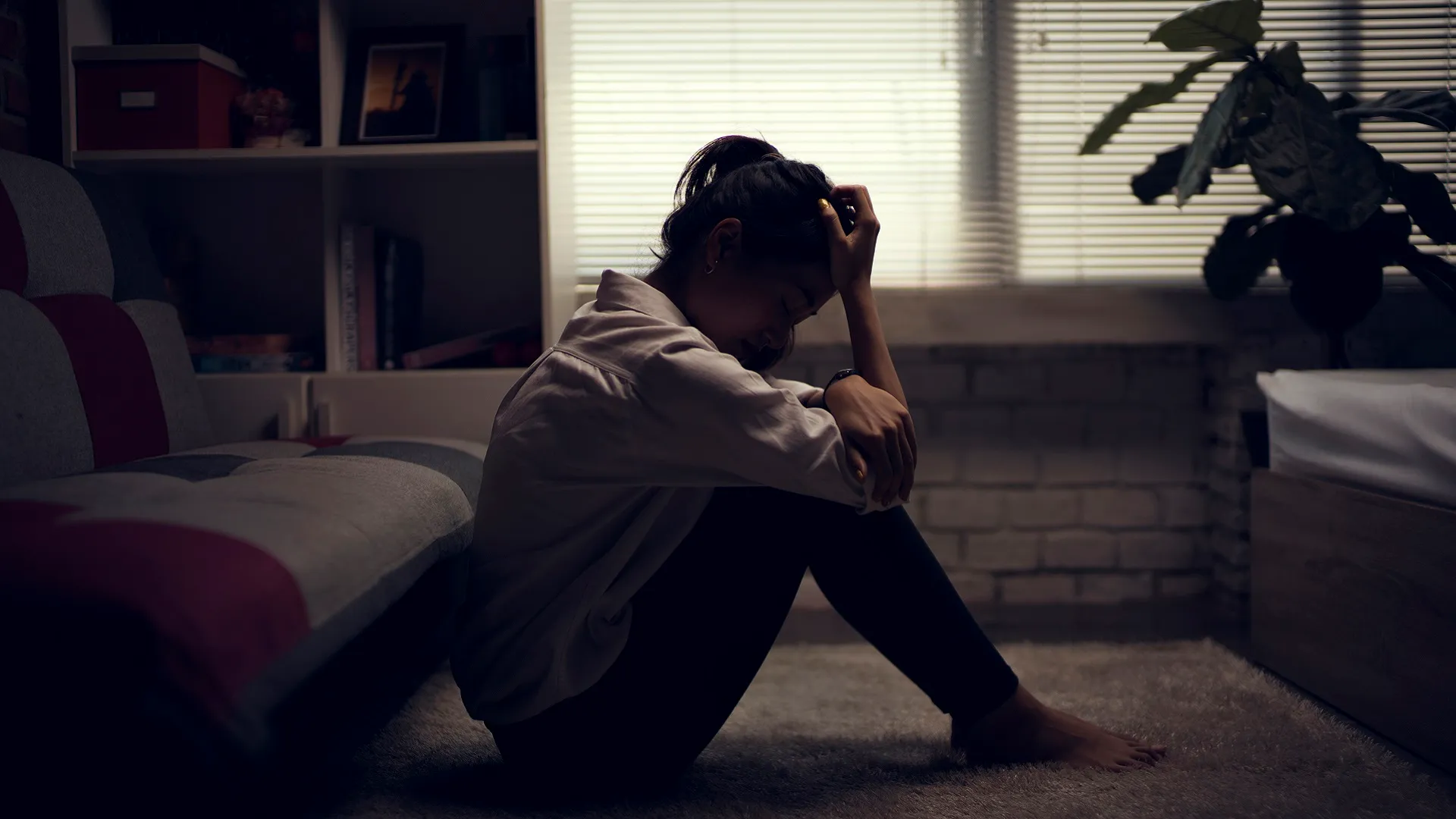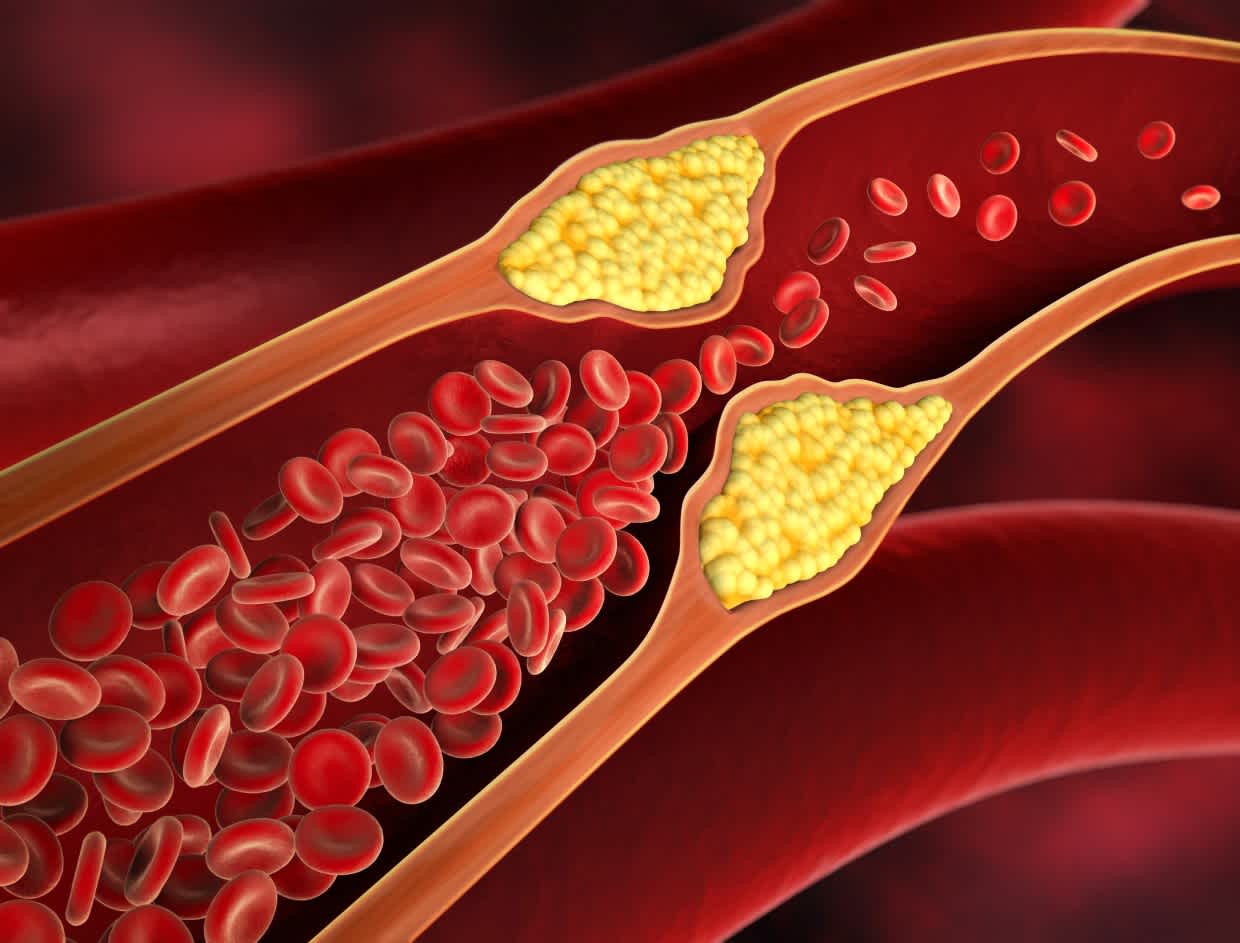Welcoming a new life into the world is supposed to be one of the happiest moments in a woman’s life. However, for some new mothers, this joy is clouded by a deep and overwhelming sense of sadness, anxiety, and despair. This condition is known as postpartum depression, and it affects millions of women worldwide. In this article, we will delve into the various aspects of postpartum depression, from its definition to coping strategies and seeking help.
What is Postpartum Depression?
Postpartum depression, also known as postnatal depression, is a type of mood disorder that occurs after childbirth. It is different from the milder and more common “baby blues” experienced by many new mothers, as it is more severe and persistent in nature. Postpartum depression can begin shortly after giving birth or even develop gradually over several months.
Recognizing the Signs and Symptoms
Emotional Symptoms
- Overwhelming sadness or crying spells
- Feelings of hopelessness and worthlessness
- Intense irritability or anger
- Loss of interest in activities once enjoyed
- Difficulty bonding with the baby
Physical Symptoms
- Fatigue and lack of energy
- Changes in appetite or weight
- Sleep disturbances
- Physical aches and pains with no apparent cause
Behavioral Symptoms
- Withdrawing from family and friends
- Avoidance of the baby
- Difficulty concentrating or making decisions
- Thoughts of self-harm or harming the baby (in severe cases)
Contributing Factors to Postpartum Depression
Several factors can contribute to the development of postpartum depression, and it is often a combination of these elements that leads to the condition.
Hormonal Changes
The dramatic hormonal fluctuations that occur during and after childbirth can have a significant impact on a woman’s mood and emotional well-being.
Personal and Family History
A history of depression or anxiety, either during previous pregnancies or at other times in life, can increase the risk of postpartum depression.
Stress and Lack of Support
High levels of stress, inadequate social support, and feelings of isolation can exacerbate the emotional challenges faced by new mothers.
Sleep Deprivation
The demands of caring for a newborn and disrupted sleep patterns can contribute to feelings of exhaustion and emotional vulnerability.
Differentiating Postpartum Blues from Postpartum Depression
It is essential to differentiate between postpartum blues and postpartum depression, as the two conditions vary in severity and duration.
Postpartum blues are milder and usually resolve on their own within two weeks. On the other hand, postpartum depression persists for more extended periods and requires intervention and support to overcome.
The Impact of Postpartum Depression on the Mother and Baby
Postpartum depression not only affects the mother’s well-being but can also have adverse effects on the baby’s development and bonding with the mother.
Seeking Help: Diagnosis and Treatment Options
Self-Help Strategies
There are several self-help strategies that women with postpartum depression can adopt to cope with their condition, including maintaining a daily routine, seeking emotional support, and engaging in relaxation techniques.
Professional Support
Seeking professional help is crucial in managing postpartum depression effectively. Mental health professionals, such as therapists and counselors, can provide guidance and support.
Medication Options
In some cases, medication may be prescribed to alleviate the symptoms of postpartum depression. Antidepressants can be effective when combined with other treatment approaches.
The Role of Partners and Supportive Networks
Partners and supportive networks play a vital role in helping a woman navigate through postpartum depression. Understanding, empathy, and practical assistance can make a significant difference in the recovery process.
Overcoming Stigma and Seeking Support
Overcoming the stigma associated with postpartum depression is essential for seeking help without shame or judgment. Support groups and online communities can offer a safe space for women to share their experiences and find solace.
Coping Strategies for Postpartum Depression
Exercise and Outdoor Activities
Regular physical activity and spending time outdoors can positively impact mood and reduce feelings of anxiety.
Healthy Eating and Sleep Habits
A well-balanced diet and sufficient sleep are crucial in supporting mental and emotional well-being.
Meditation and Relaxation Techniques
Practicing mindfulness and relaxation techniques can help alleviate stress and promote emotional healing.
Expressive Writing
Keeping a journal and writing about one’s feelings and experiences can be therapeutic and aid in processing emotions.
The Importance of Communication and Seeking Help Early
Open communication with loved ones and healthcare providers is vital in identifying and addressing postpartum depression at an early stage.
The Journey to Recovery and Healing
Recovery from postpartum depression is a gradual process, and each woman’s journey is unique. With the right support and treatment, many women can overcome this challenging period and find healing.
How to Support a Loved One with Postpartum Depression
Supporting a loved one with postpartum depression involves understanding, patience, and encouragement. Being present and actively listening can make a significant difference.
The Impact of Postpartum Depression on Future Pregnancies
Understanding the impact of postpartum depression on future pregnancies can help women make informed decisions and seek appropriate support.
Conclusion
Postpartum depression is a serious and challenging condition that affects numerous women worldwide. It is essential to recognize the signs and symptoms, seek help, and provide support to those experiencing this emotional turmoil. Remember, postpartum depression is treatable, and with the right resources and support, women can embark on a journey of recovery and healing.




